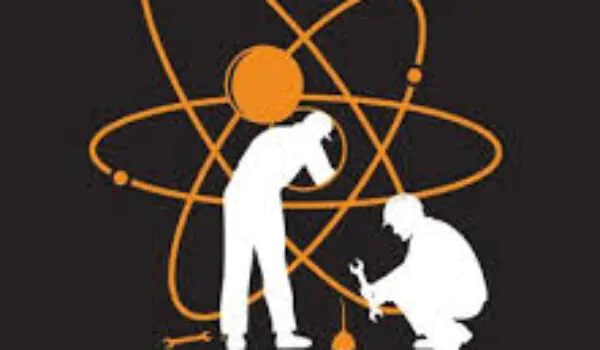
I’m curious about quantum mechanics and how it differs from classical physics. Can someone break it down into simple terms? What are the main principles, like superposition and wave-particle duality, and how do they contrast with classical ideas? I’m trying to grasp how these principles change our understanding of the universe at the smallest scales. Any straightforward explanations would be really helpful!

The main principles of quantum mechanics are very different from classical physics.
In classical physics, things are predictable and have definite properties like position and momentum. But in quantum mechanics, things get weird. Particles can act like waves and particles at the same time, and we can’t know both their position and momentum exactly at the same time, according to Heisenberg’s uncertainty principle.
Another strange thing is quantum superposition. This means particles can be in multiple states at once until we measure them, unlike in classical physics where things have clear states all the time.
So, while classical physics is all about certainty and predictability, quantum mechanics is more about probabilities and strange behaviors of tiny particles.